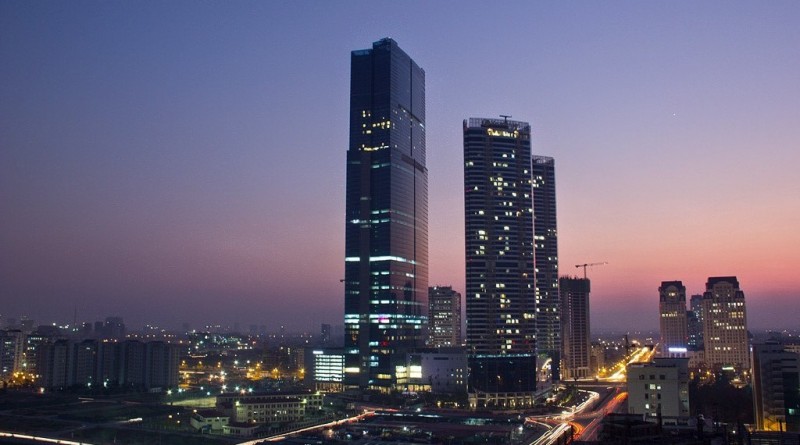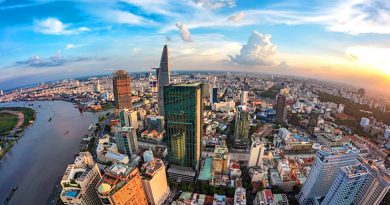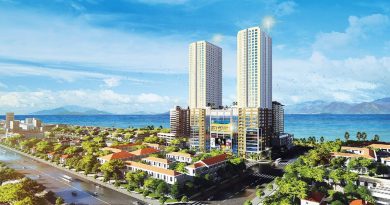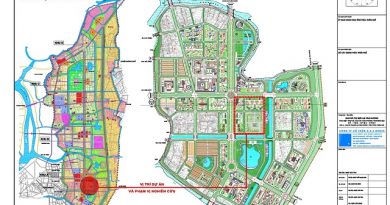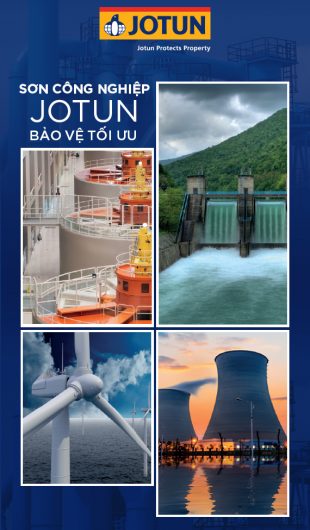Little impact from Brexit on Vietnam`s property market
According to Mr. Matthew Powell, Director of Savills Hanoi, Vietnam’s real estate market is largely domestically driven and foreign interests are mostly from the Asia-Pacific region.
“In reality, the effect of Brexit on Vietnam’s property market is limited,” he said.
New and additional FDI into real estate this year had reached $956.8 million by July 20, or 7.3 per cent of the total, according to the latest report from the Foreign Investment Agency (FIA) at the Ministry of Planning and Investment.
Vietnam’s residential market during June saw no significant volatility or lack of new supply, according to a report from the Vietnam National Real Estate Association (VNREA) released in July.
The high-end segment remained the market highlight with positive sales and supply.
The mid-end segment, meanwhile, continued to remain stable due to high demand in the market and diverse supply, the report noted.
There has been one major change globally since the Brexit vote, as New York now has the highest occupier costs, according to a report from Savills released on August 8.
Despite recent signs of slowing office rents and the elevated use of incentives and concessions to both office and residential tenants in New York, the Big Apple now ranks as the world’s most expensive city in which to accommodate staff.
This is well ahead of Hong Kong and London and almost twice the cost of its nearest US rival, San Francisco, according to the Savills Live-Work Index, which compares total housing and office rental costs on a per capita basis in leading global cities.
Meanwhile, rents for both residential and office properties in New York rose slightly in the early part of the year and although office rental growth is now weakening, overall accommodation costs, in local currency, rose 2 per cent in the first half of this year.
The total annual cost per employee for living and working accommodation in New York was put at $114,010 by Savills research. Hong Kong is just ahead of London’s $100,141, at $100,984.
As the UK and the EU remain mired in uncertainty following Brexit, potential real estate investors in Asia-Pacific are beginning to explore opportunities presented by currency arbitrage and further monetary easing from central banks, according to reports from JLL released in July.
Despite the downgrading of the UK’s AAA rating, Asian buyers aren’t deterred. In Singapore, JLL has seen “more queries from Singapore clients looking to purchase,” said Mr. Chua Yang Liang, Head of Research for Southeast Asia at JLL.
“The motivation is to take advantage of currency arbitrage and a correction in house pricing, although there are some who are waiting on the sidelines for more market stability before entering,” he added.
While sentiment in the residential market is somewhat positive, the mood in the commercial sector remains cautious. In local Asia-Pacific markets the impact of Brexit is mixed.
“Some British and European firms may be more circumspect about investing or expanding in Asia-Pacific while their core businesses face domestic headwinds, however any negative impact will be mitigated by the fact that economic growth in the region is based largely on domestic demand,” said Mr. Megan Walters, Head of Asia Pacific Capital Market Research at JLL.
Source: VN economic times





